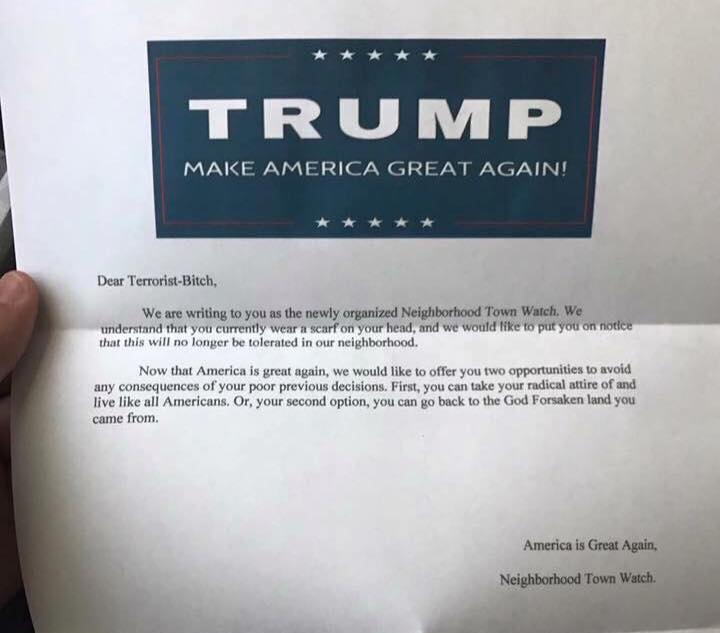This has been a year of dramatic change in political and social landscapes. The world screamed for change but the changes that came about were unforeseen.
The UK public made the unexpected choice to leave the European Union and not long after, the US made the even more unanticipated choice to make Donald Trump their President. Pre-election opinions polls got it wrong on both counts.
The Brexit vote and the US presidential election have yet to come into full effect. But the effects on communities were evident before the votes had even taken place. With both campaigns having such controversial agendas and ideologies, citizens were split down the middle – as evidenced by exceptionally close counts on both occasions.
With so many citizens feeling ignored and tired of their government, people were keen for a new start – something which both Donald Trump and Nigel Farage came to symbolise.
Both campaigns made prominent use of immigration and terrorism as campaigning issues. Unfortunately this quickly translated into minorities, especially Muslims, feeling unwanted. It may already have caused a shift in public opinion regarding Islam.
‘As a Muslim born and brought up in England , I felt this was my home, the results of the referendum showed me that I will never be accepted in British society…’
Using terrorism as a fear factor made prompted many to associate Islam with the actions of a very few – entirely erroneously. Unsolicited Islamophobic attacks are now thought to be at an all-time high, with news and videos of race-crimes posted daily.
Haneen Awan, 25 said ‘As a Muslim born and brought up in England, I felt this was my home, but the result of the referendum showed me that I will never be accepted in British society, It’s sad because I always thought of the country as an understanding and welcoming place, and it’s sad to think of so many people sharing the outrageous views expressed by Trump and in the Brexit campaign.’
British Muslim Aisha Chaudhry (23), said ‘I have not personally experienced any hateful incidents because of my religion, however hearing of such things has increased in the last year. I would definitely blame the campaigns of Brexit and Donald Trump for giving people something to fear about Muslims and minorities.’
Though these anti-Islamic views are not shared by the majority, it is worrying that Islamophobic attacks are occurring in countries which are as multicultural as the US and the UK.
Phill Donald, 45, who voted in favour of Brexit told us: ‘The vote I made was not about race or religion, I felt as though the government needed to change, I felt that we had too many of our own problems to worry about. How can we help others when we can’t even help the poverty people live in within our own borders? I think that is why the “take the Britain back” slogan resonated with many. Also why the “Make America great again” slogan gave US citizens hope.’
This is a view held by many, but nationalists have used it as an opportunity to express their hate for religious and ethnic minorities.
Britain First held several protests outside mosques. There was also a report of a pig’s head being thrown as a mosque. While many British non-Muslims expressed their anger at these incidents and supported British Muslims, it nonetheless has led to Muslims feeling marginalised from society.
The government is now taking steps to curb the actions of these nationalist groups. There is now a campaign to classify Britain First classified as a terrorist group. While the damage in communities has been done, the government is at least trying to protect Muslims and other minorities.




